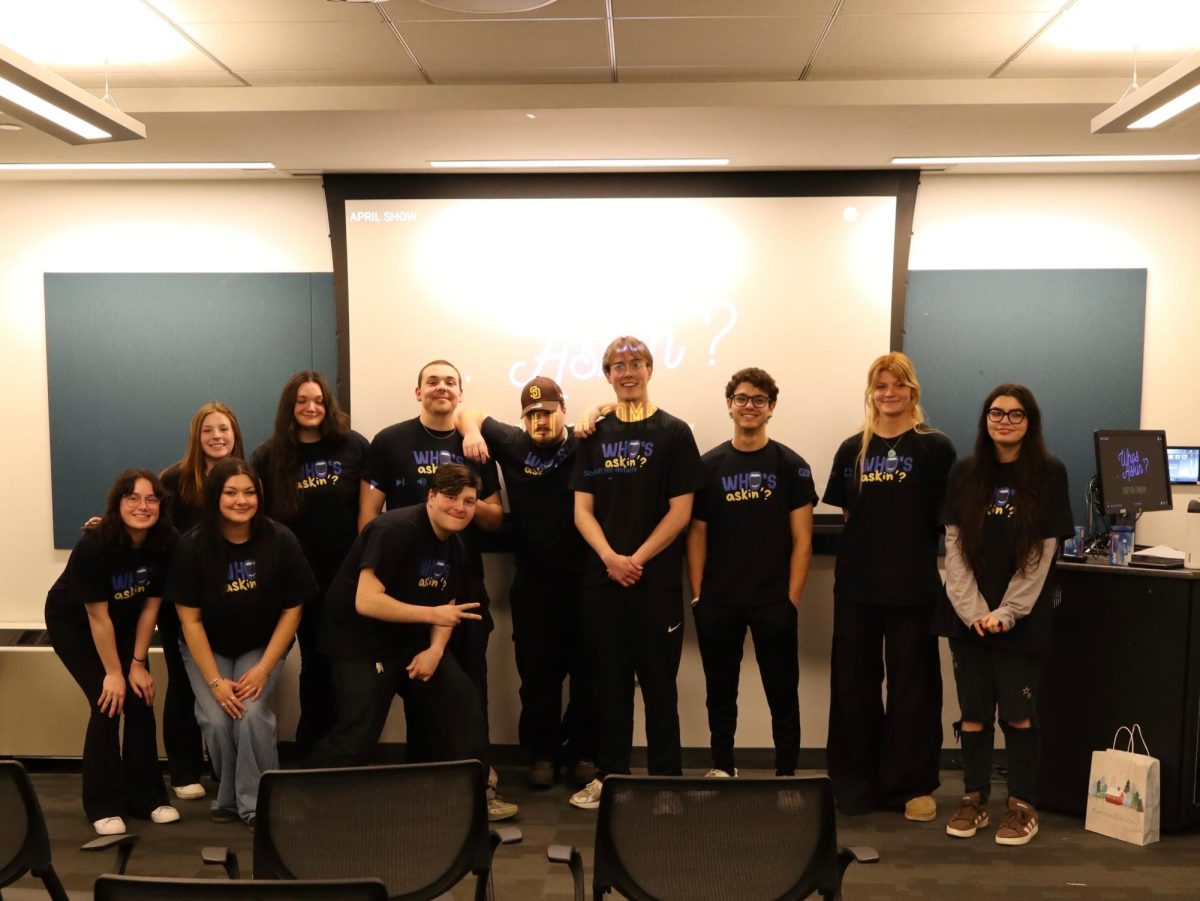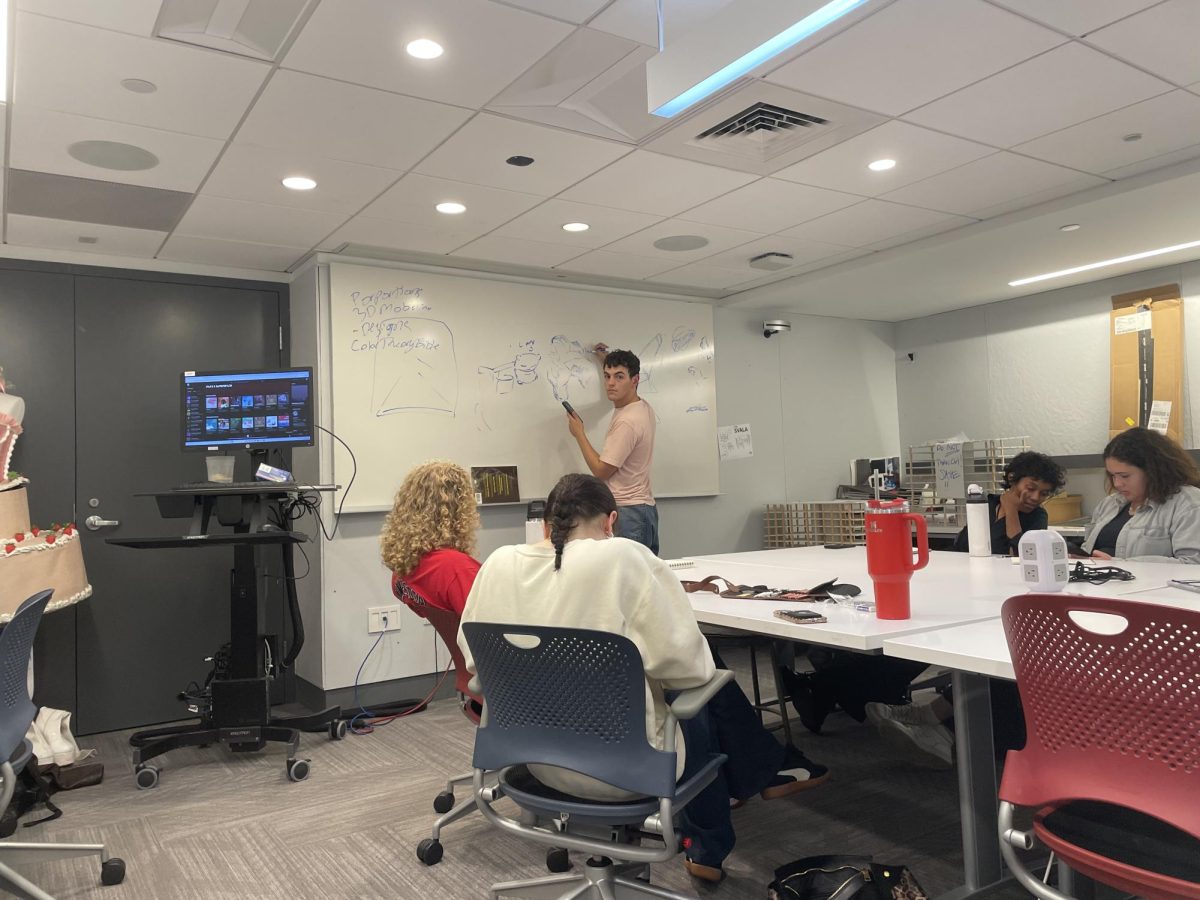Cooking for one in college can be a struggle. Between the limited food storage space, pricey groceries and the waste that can pile up, cooking for one may just seem like a bigger hassle than help.
As an avid cook and fifth-year undergrad, here are a few tips and tricks I’ve learned over the years that will help you save time, space and, most importantly, money.
Learn to Love Leftovers
The most important thing a college student trying to save can do is learn to love leftovers. Many meals are often better the next day as the flavors have more time to infuse throughout.
In order to have leftovers, you’ll need to make bigger meals. Many recipes typically are designed to feed two or more people so if you’re cooking for one, that’s one or even a few more servings you’ll have all for yourself.
Investing in Tupperware that can stack within itself is a way to save space while attempting to save money when using leftovers. If you can, buy nice glass containers as they typically last longer and are more likely to not melt in a microwave.
Suffolk’s dining halls and common spaces have microwaves available to students and many have utensils as well, so you’ll have one less dish to wash when you get home.
If you don’t want to have the same meal over and over again throughout the week, see if you can freeze some leftovers to save for another week. Pasta and soup save really well in the freezer and, surprisingly, so do baked goods!
Cut down on meats and cheeses
This is not a plea to cut out meat and dairy from your diet entirely. The simple fact is meat and cheese are pricey, and both go bad fairly fast. If you’re craving meat, opt for cheaper options like chicken or fish fillets.
If you do end up wanting to eat beef or pork, look for ground options. The more fattier, the cheaper.
Here’s a link to my favorite “fancy” dinner to cook myself using chicken as the star of the dish. You can substitute the fresh basil for dried basil leaves and the fresh parmesan for canned parmesan to help cut down on costs even further.
One-Pot, One-Pan
If you’re a college student who plans on cooking most of your own meals, there are two kitchen essentials you’ll need. One large pot and one large sheet pan. I was tempted to write an entire article giving praise to the sheet pan but for now, I’ll just explain a few reasons why I love it.
If you’re going to heed my advice in tip number one, you’ll need these two kitchen tools to make it happen. There are countless recipes out there on the internet, in cookbooks, food magazines, you name it, that ingeniously use only one pot or one sheet pan to somehow create an entire meal.
Cooking meals this way saves so much time during the cooking process and the cleanup, and often, the recipes are pretty simple. Melissa Clark from The New York Times even made an entire Thanksgiving dinner using only one pot and one pan.
If you’re lucky enough to have a big fridge or freezer, this method can help with leftover storage too. Just cook the meal and leave the pot in the fridge as you scoop out servings throughout the week.
Meal Plan (no not that type of meal plan)
This last tip can play a huge factor in cooking for yourself. Take the time to plan out your meals for the week and make a grocery list. Try to plan out meals that have similar ingredients in them so less food goes to waste.
Some grocery list essentials that can be found in many meals and a cook should always keep on hand include garlic – it’s actually cheaper to buy this fresh if you use it a lot – onions or shallots, fingerling potatoes, eggs, butter, tomatoes, milk or a milk alternative, lemon juice, basil and any sauces and spices that are commonly used in your dishes. This includes cumin, paprika, basil, soy sauce, hoisin sauce, hot sauce, chili powder, mayonnaise and mustard.
If you plan your meals out ahead of time it also gives you a better chance to prepare substitutions within the recipes you’ve chosen. If a recipe calls for an expensive ingredient, look up viable substitutions for that product and see if there are cheaper options or ingredients that you’re likely to use for more than just that one recipe.
Cooking in college is hard and there’s truly no shame in eating out every meal or heating up a frozen dinner. But if you do want to cook more, hopefully these tips will help with the main problems college students face and encourage you to get cooking.
Follow Kaylie on Twitter @kscalze.














